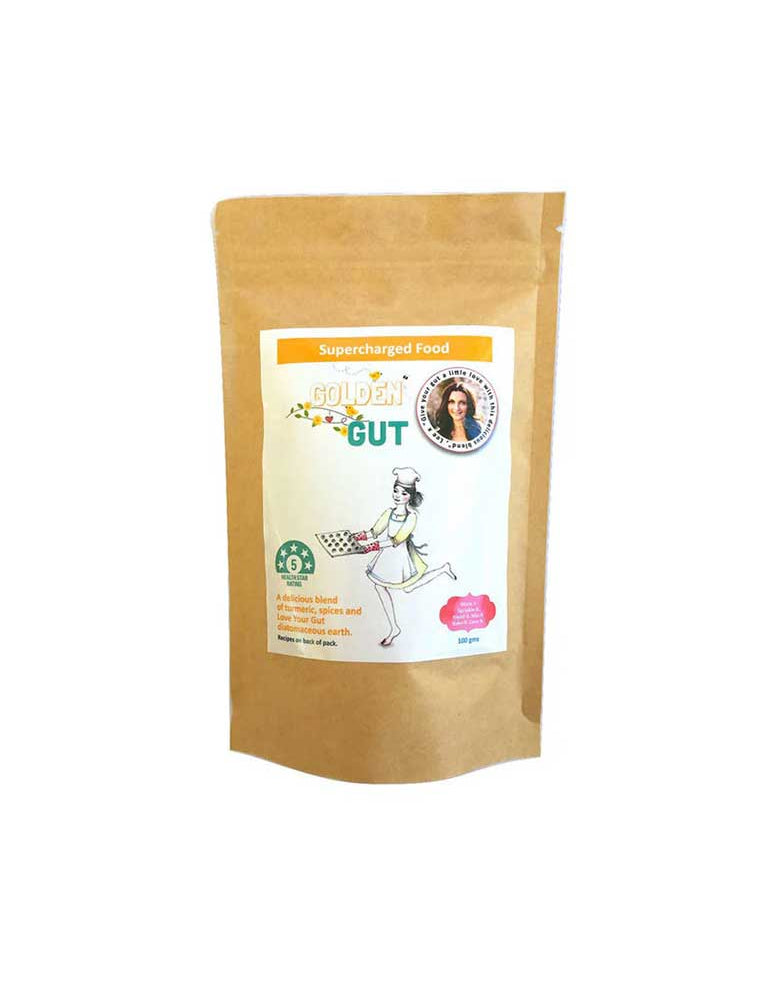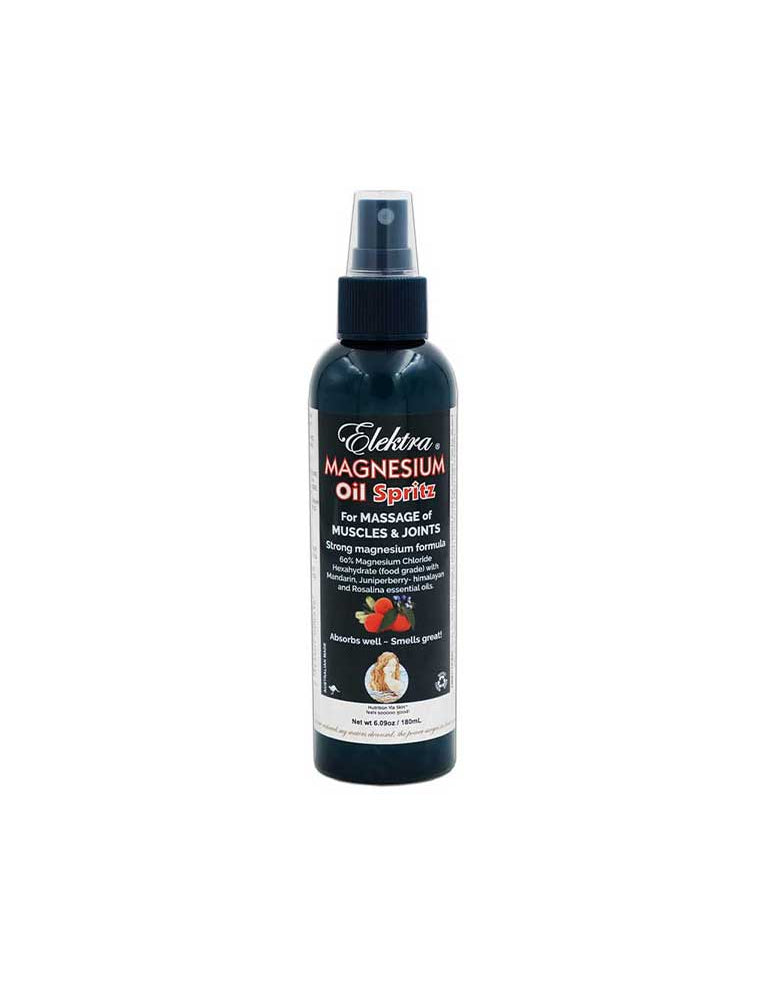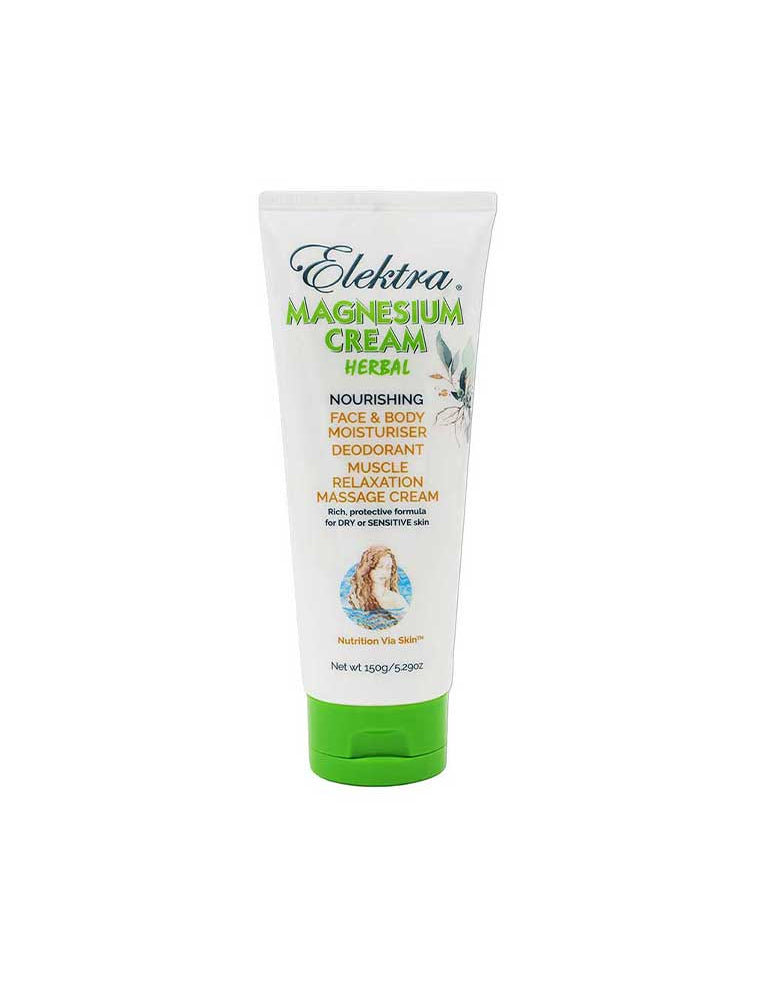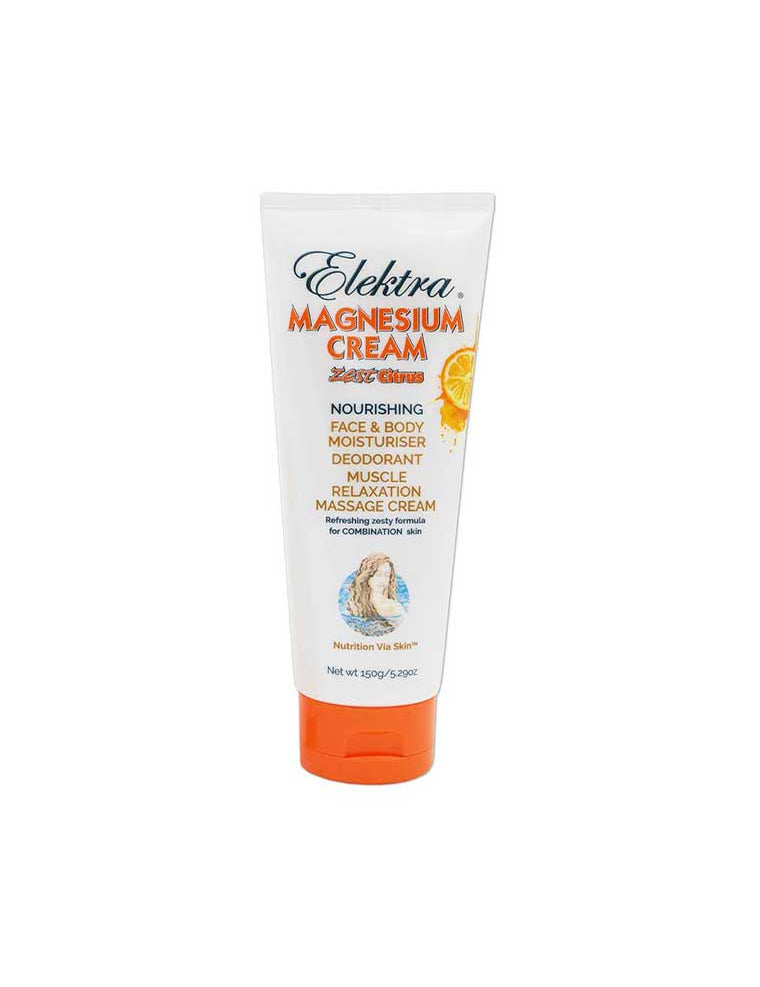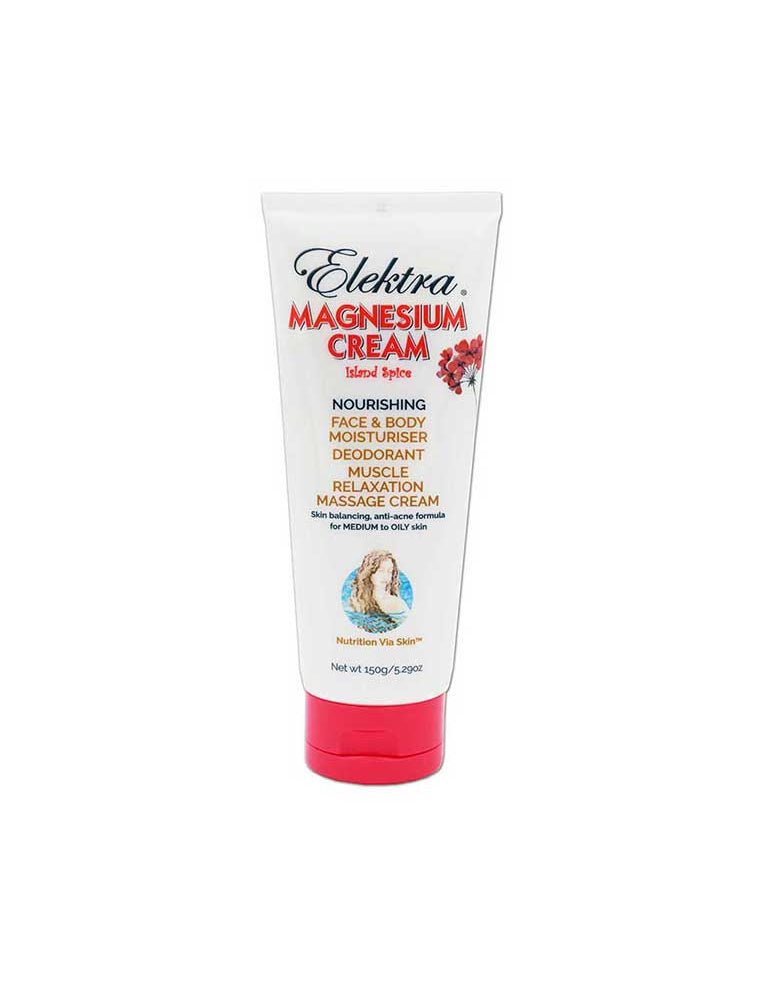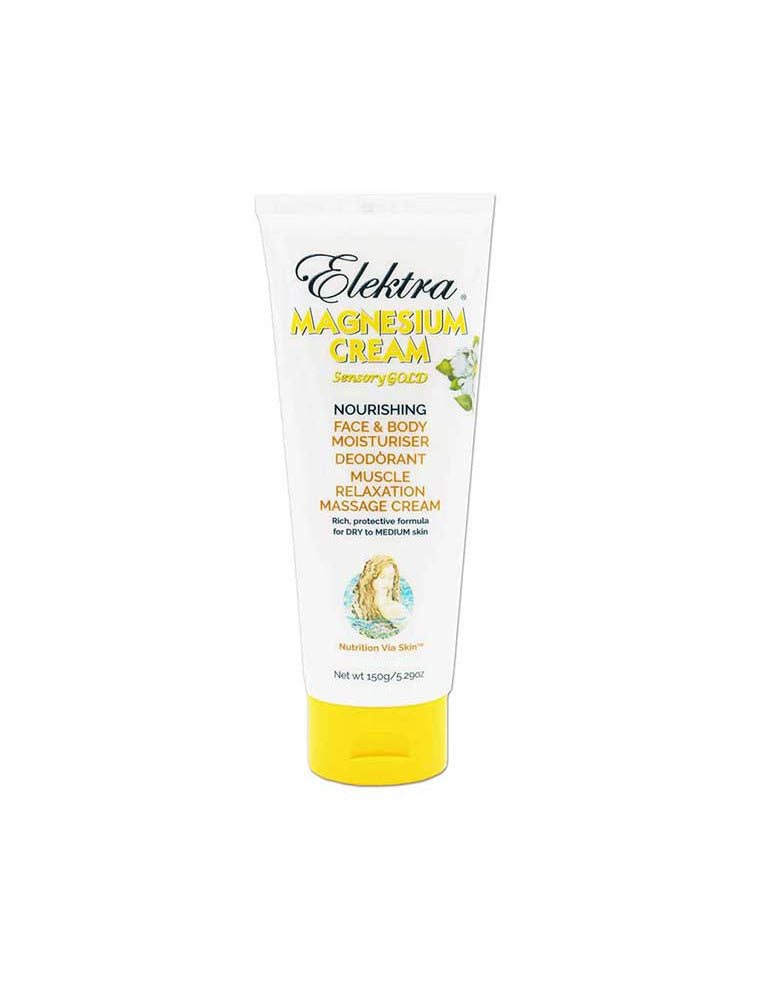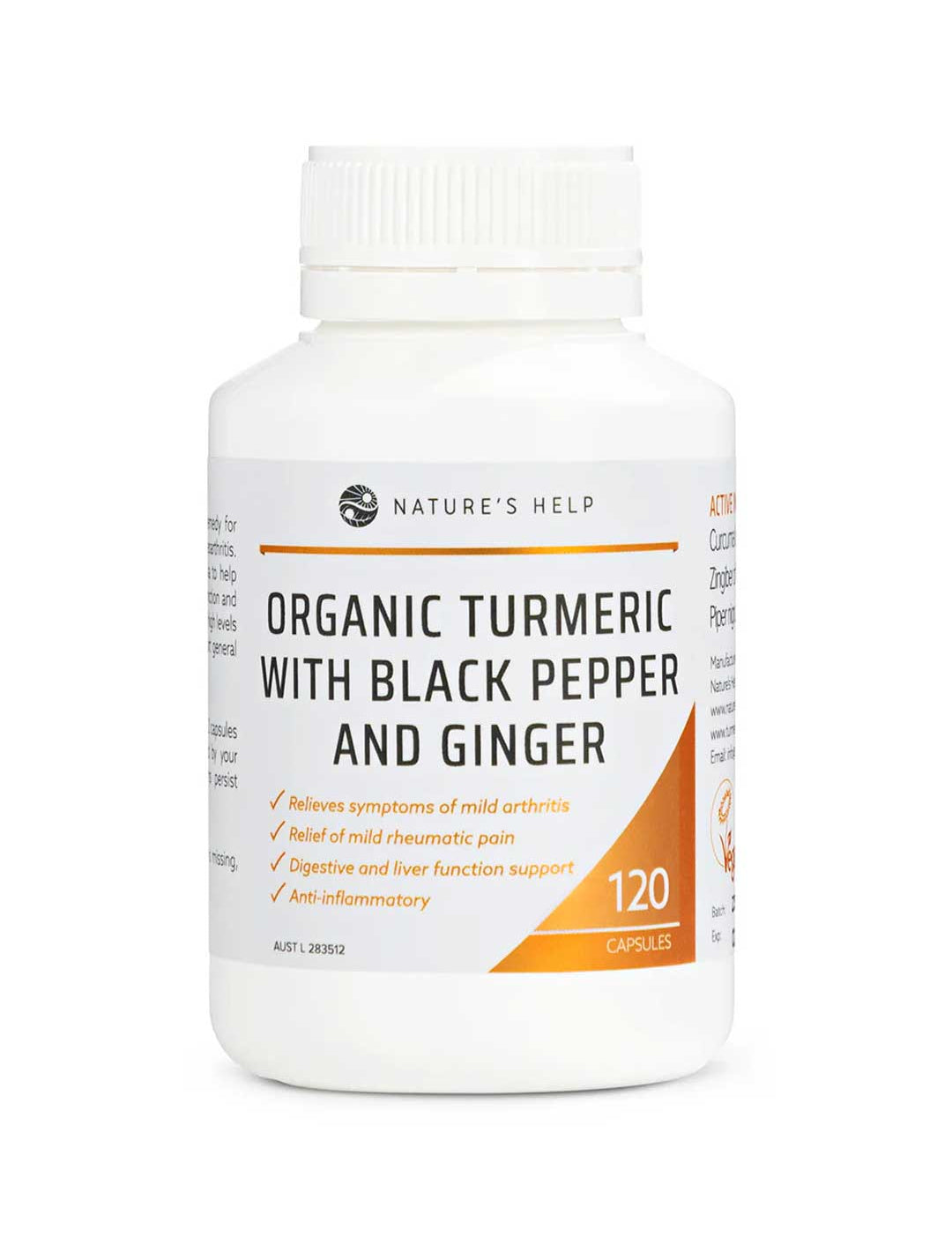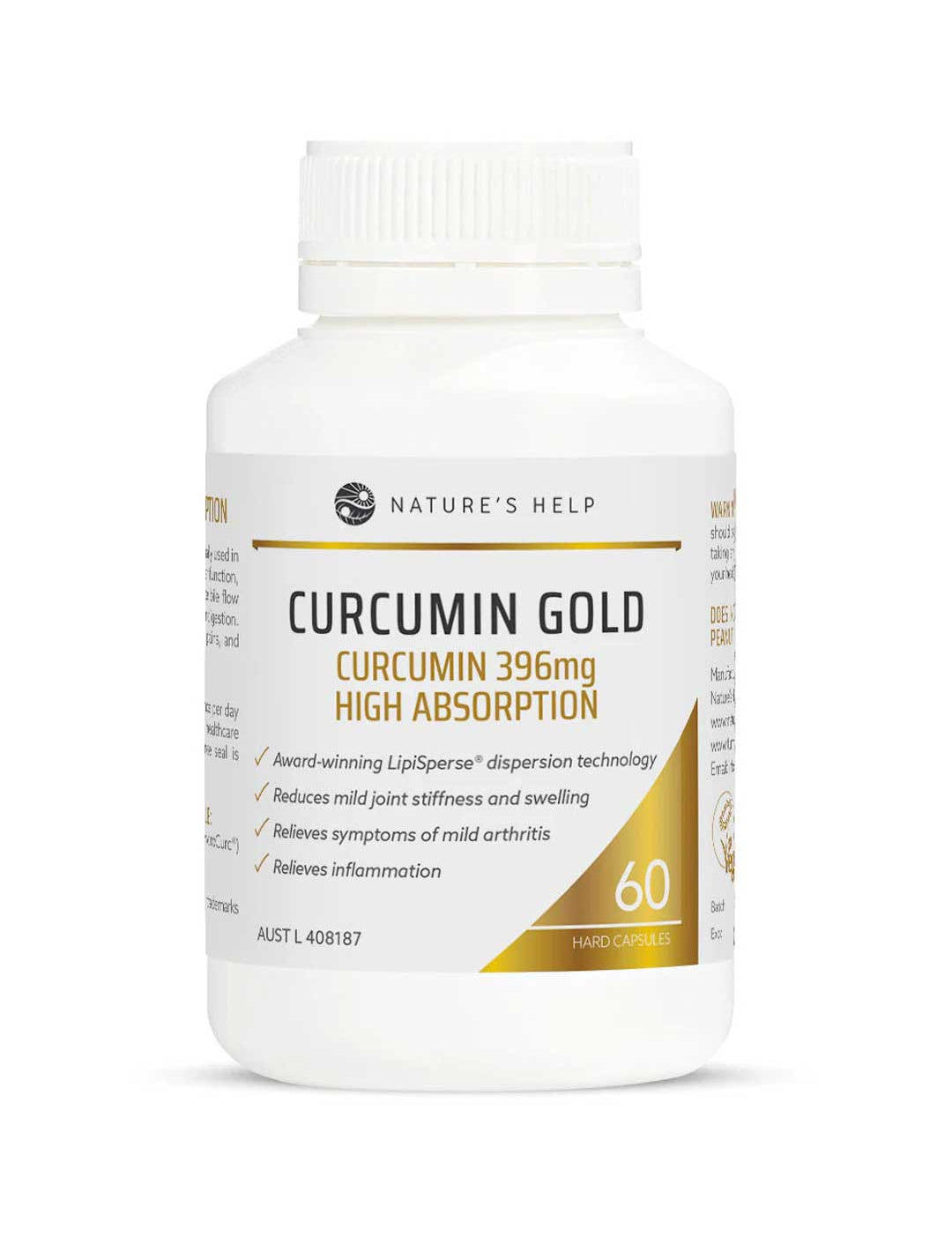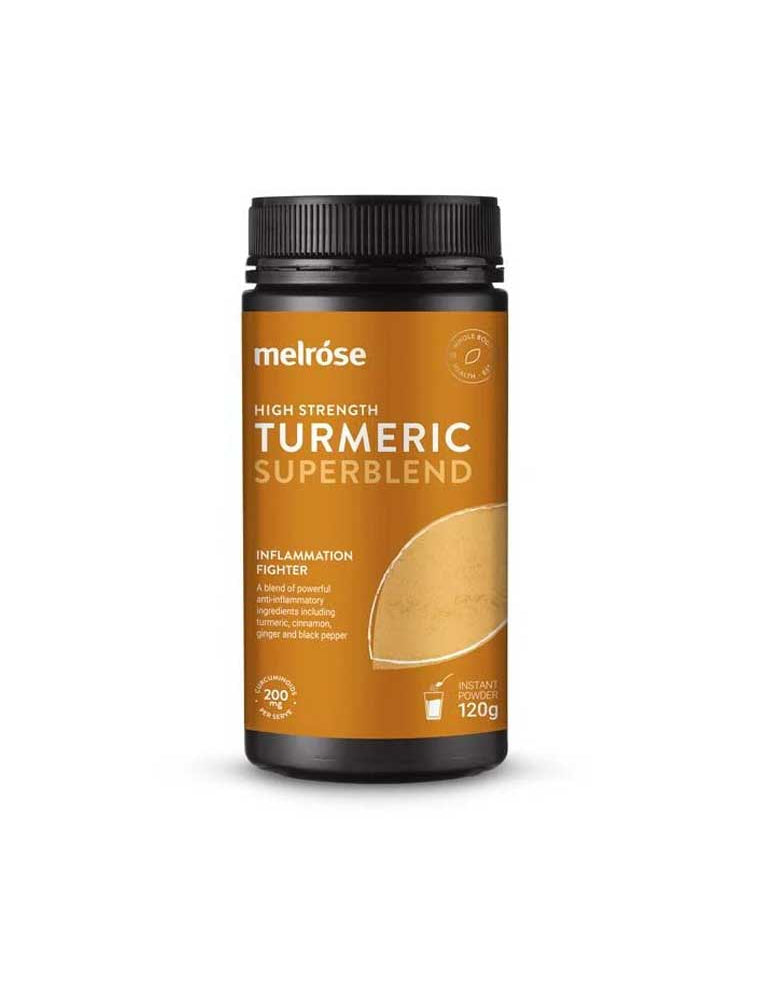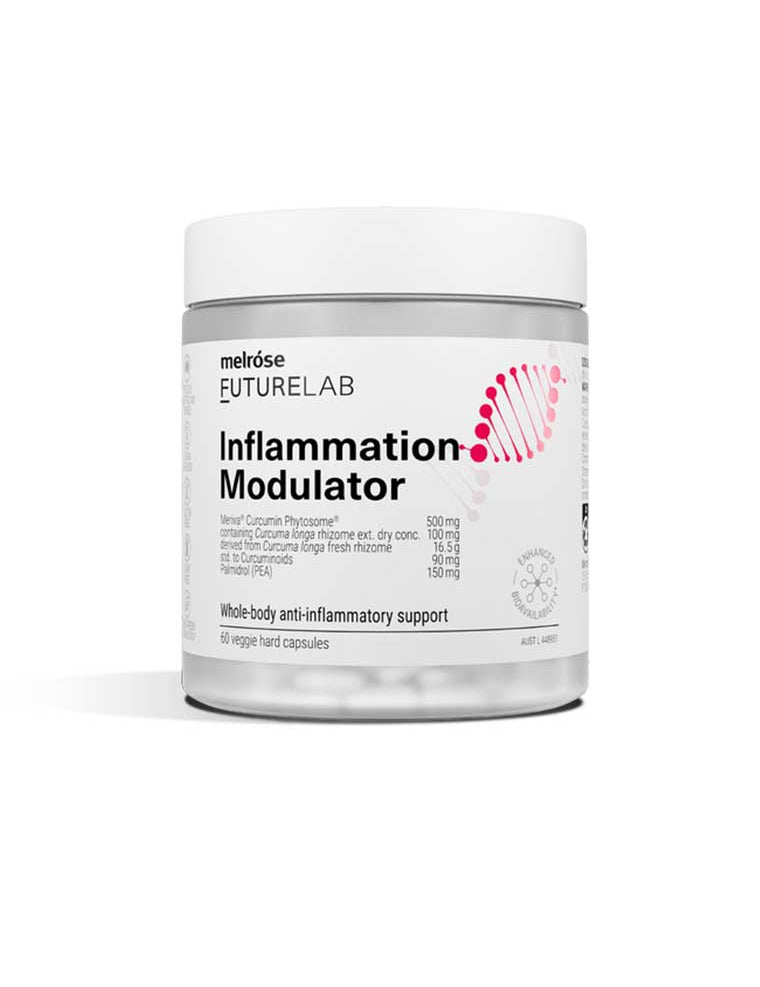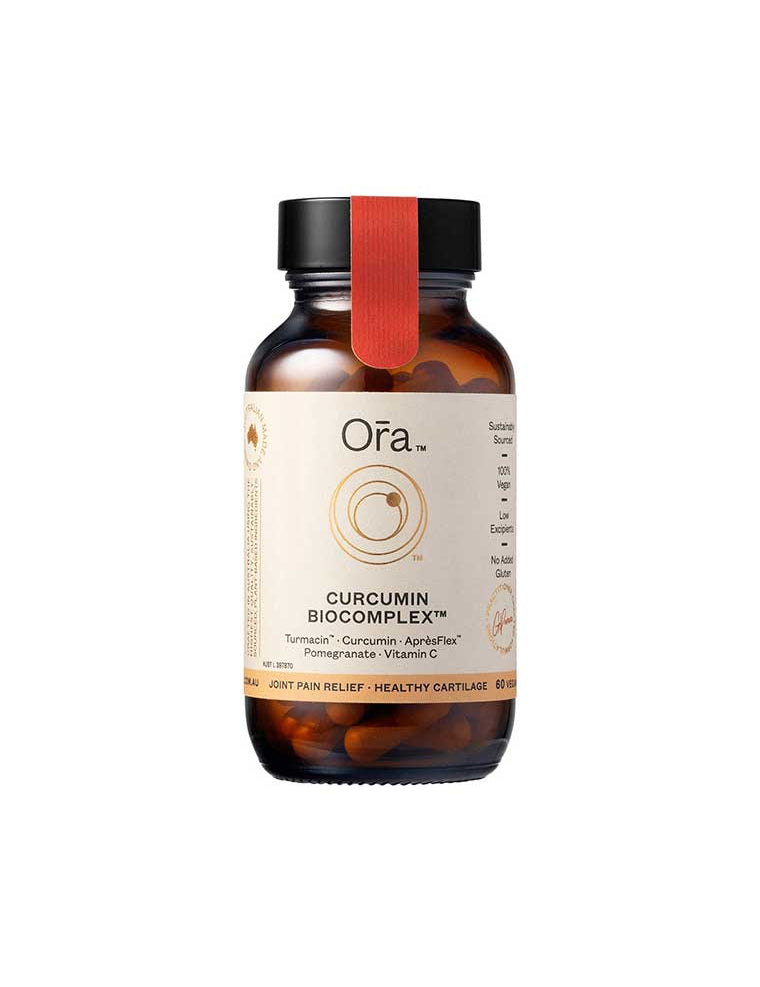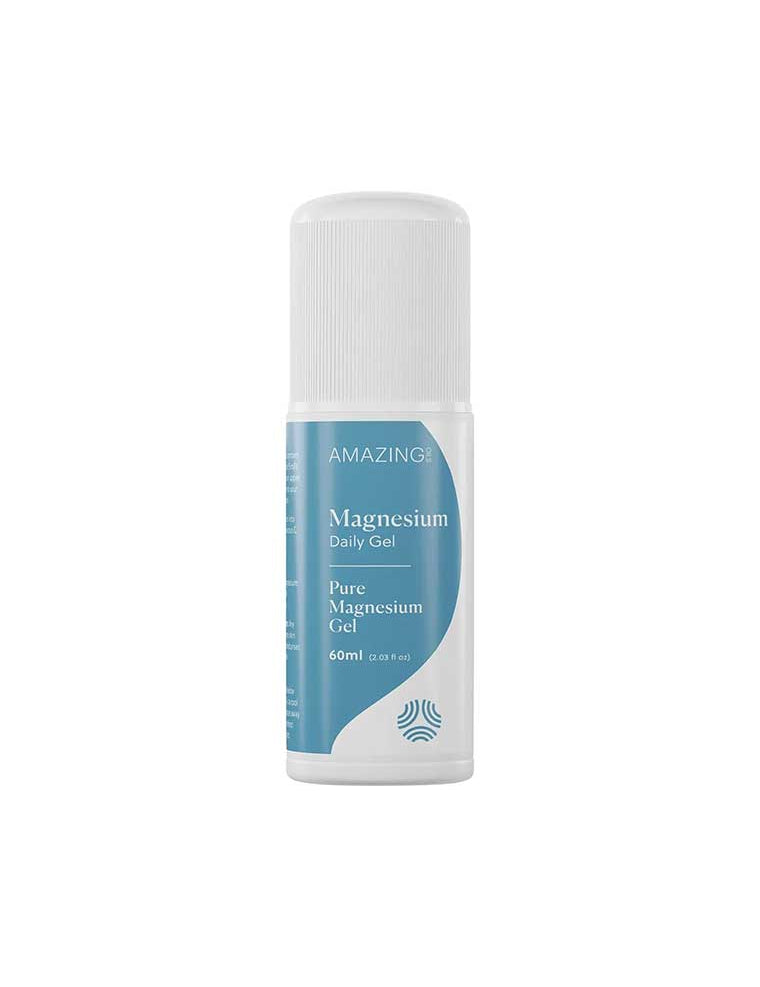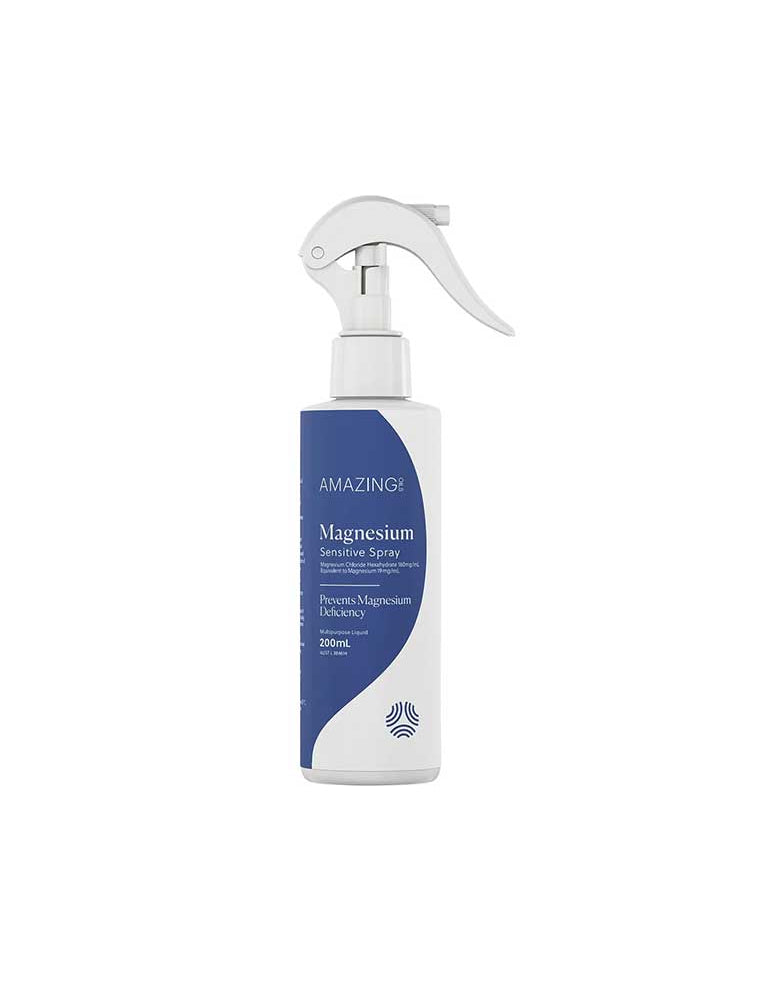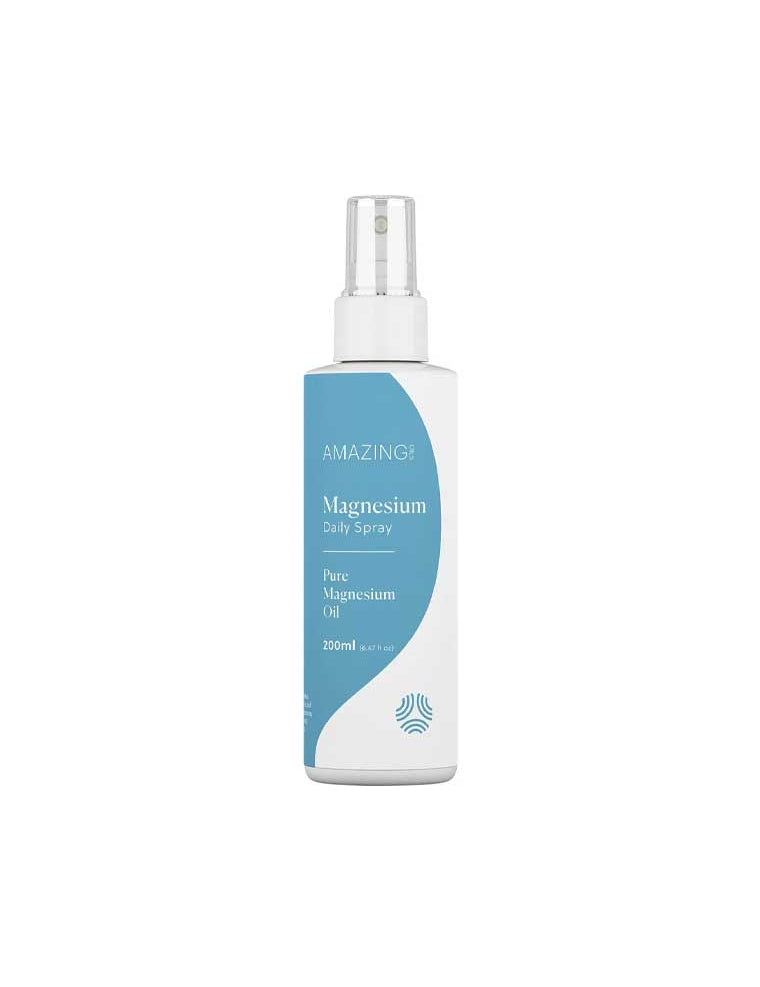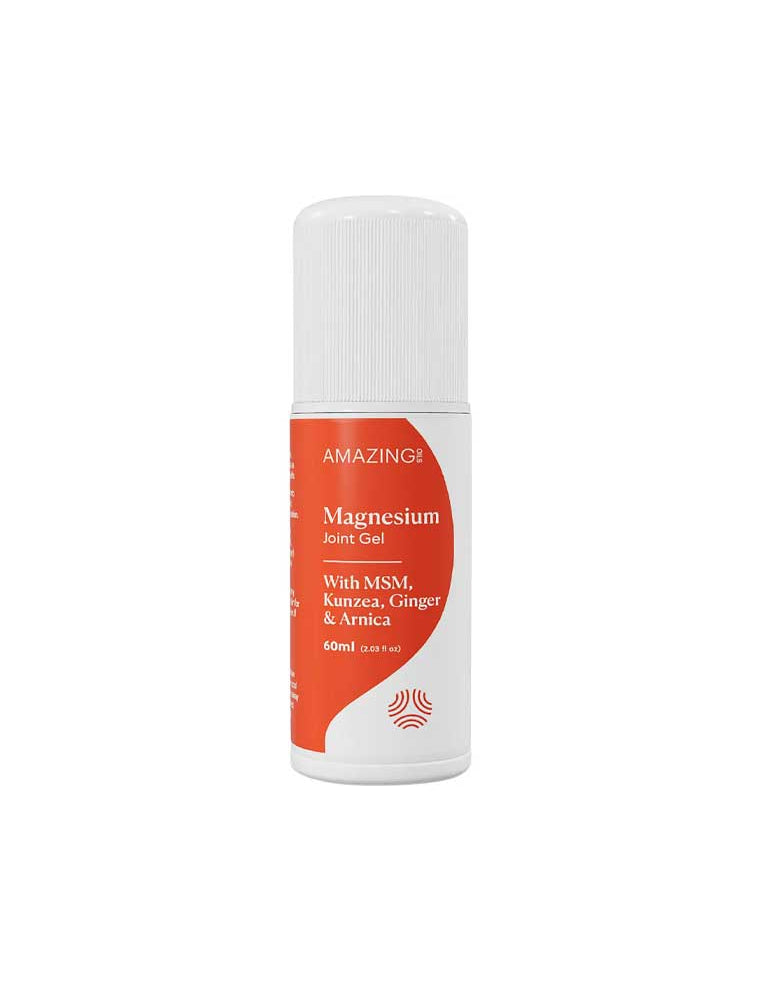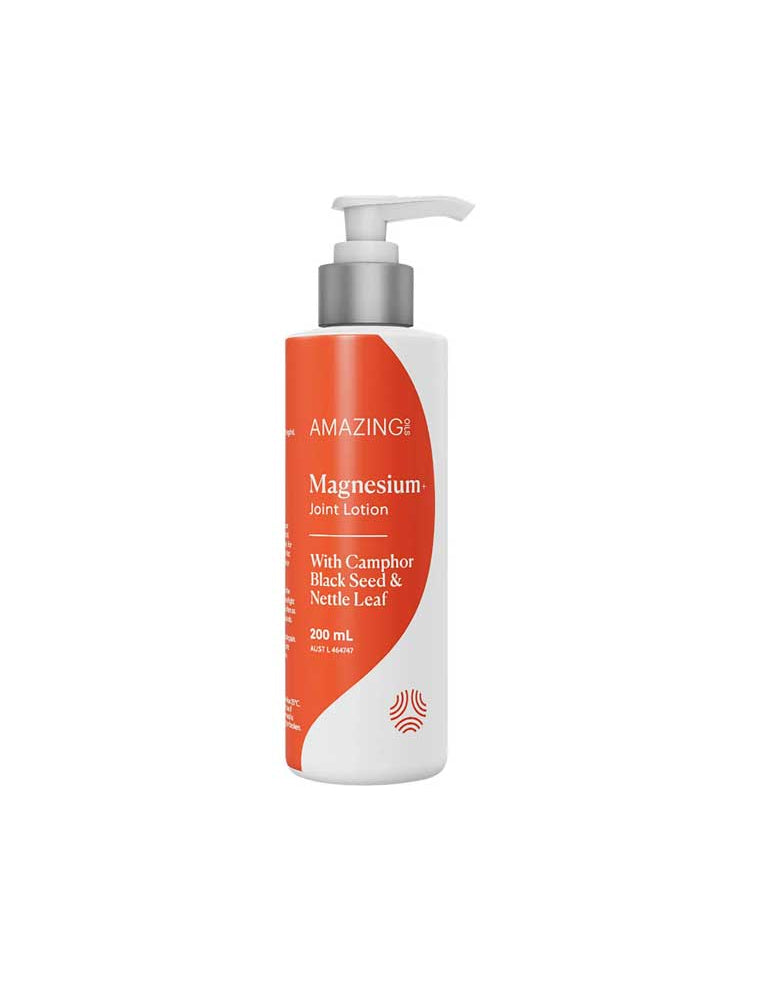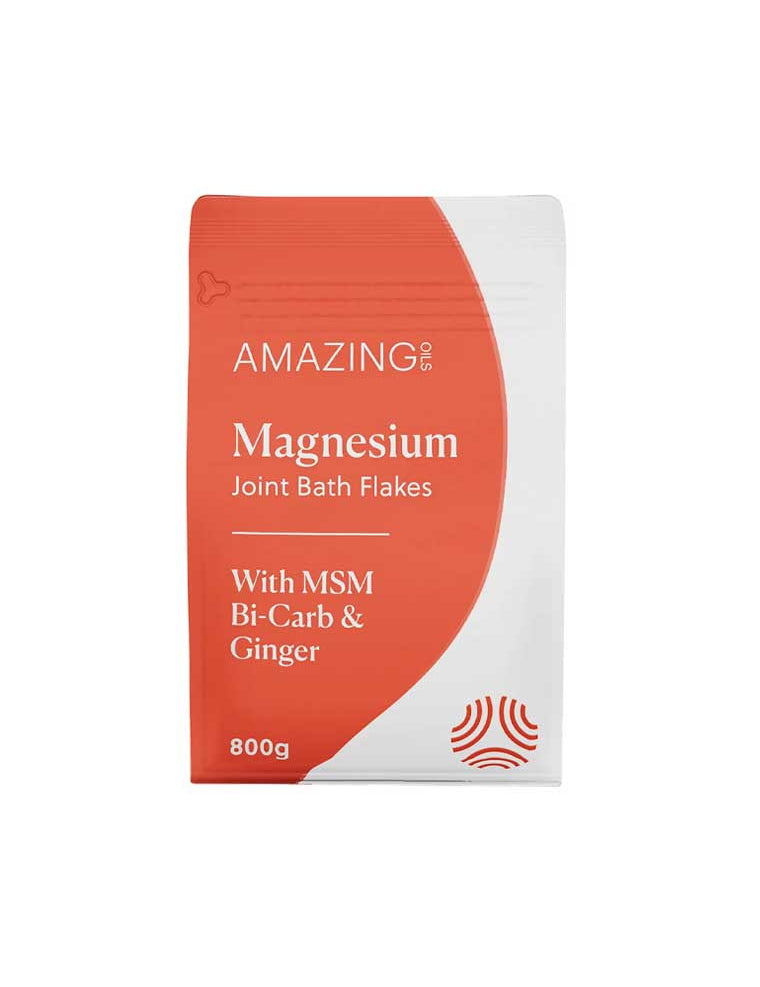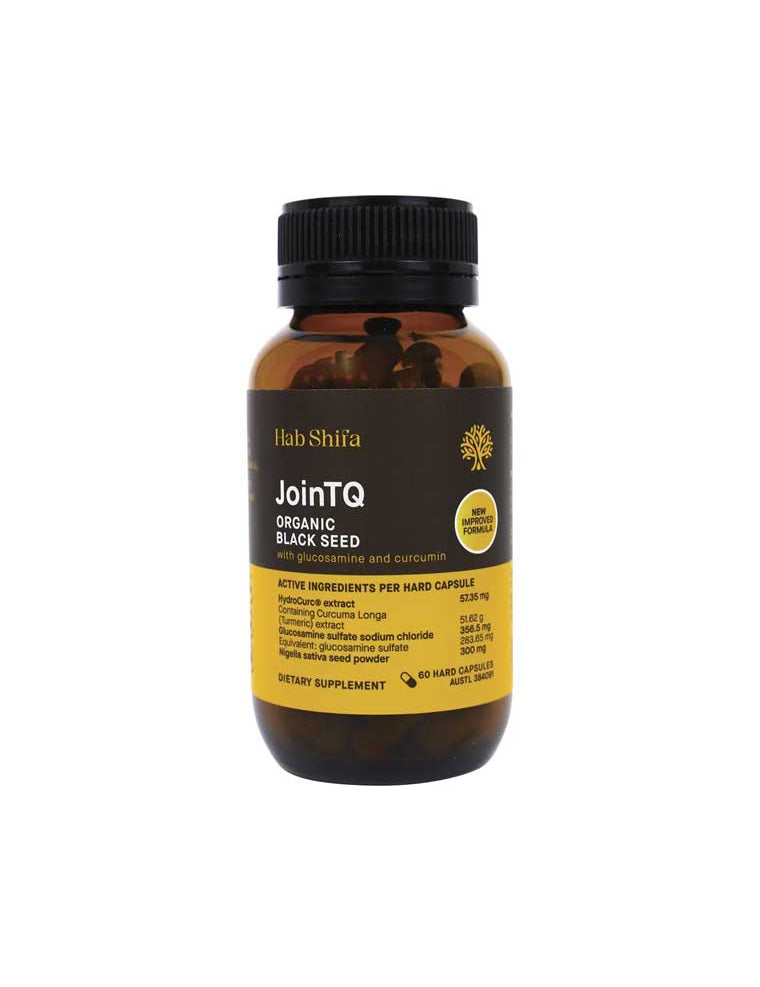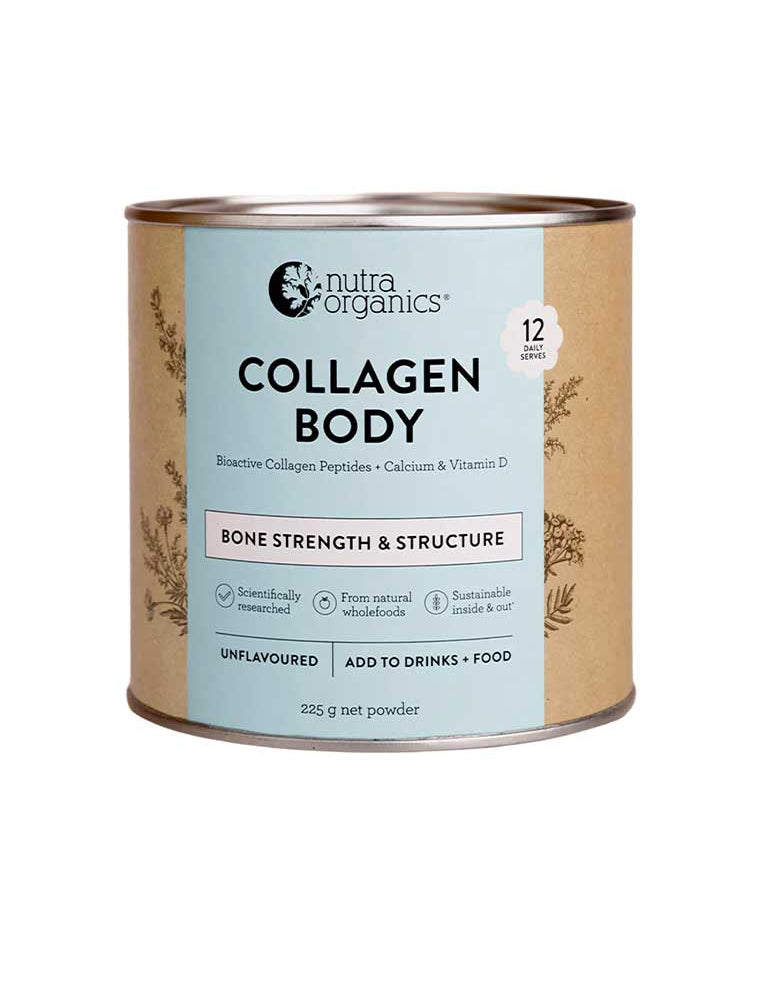
Joints: Your Questions Answered
Discover information about natural ingredients and lifestyle factors often associated with joint health, comfort, and mobility.
Popular Q&As for Joints
1. What are common ingredients in joint-related supplements?
Ingredients like Glucosamine, Chondroitin, Collagen, Turmeric (Curcumin), and Omega-3 fatty acids are commonly found in supplements related to joint health, cartilage, and mobility. Glucosamine and Chondroitin are natural compounds found in cartilage that are involved in joint structure and function as components of the cushioning between joints. Type II Collagen is a protein found in cartilage, while Turmeric's active component Curcumin has been studied for its role in inflammatory processes that may affect joint comfort. Omega-3 fatty acids from fish oil or algal sources are involved in inflammatory pathways throughout the body. Other common ingredients include MSM (methylsulfonylmethane), which provides bioavailable sulphur, and Boswellia serrata, which has been used traditionally for joint-related concerns.
2. What is Rose-Hip Vital?
Rose-Hip Vital with GOPO is a plant-based supplement made from a specific variety of rosehips that have been processed using patented extraction and drying methods to preserve their active compounds. The key component in Rose-Hip Vital is GOPO, a galactolipid that has been studied in relation to inflammatory responses in the body. Rose-Hip Vital contains natural vitamin C and various antioxidants that interact with free radicals. This supplement is manufactured using a specialised process that isolates and activates the GOPO compound. The natural compounds in rosehips have traditional uses related to joint comfort, mobility, and cartilage.
3. How is Collagen related to joints?
Collagen is a protein component of cartilage, tendons, and ligaments, contributing to the structural framework of joints. Natural collagen production changes with age, which coincides with changes in joint flexibility and mobility for many people. Specific types of collagen peptides, particularly Type II collagen, contain amino acids that are also found in joint tissues. Hydrolysed collagen peptides are broken down into smaller units that can be absorbed and utilized by the body. Research has examined how these peptides may influence chondrocytes (cartilage cells) and their production of collagen and other structural components. Some studies have investigated the relationship between collagen supplementation and joint comfort, mobility, and cartilage, particularly when combined with vitamin C, which is involved in the body's natural collagen synthesis.
4. What is Turmeric and how is it related to joints?
Turmeric contains curcumin, a compound that has been extensively studied in relation to joint health. This golden spice has properties that are associated with normal inflammatory responses in the body, which may relate to joint comfort and mobility during everyday movement and exercise. Turmeric has naturally low bioavailability - curcumin alone is not readily absorbed by the body. Many supplements address this through various approaches: combining it with black pepper extract (piperine), which has been shown to affect absorption, using liposomal delivery systems, or creating water-dispersible formulations. When formulated with consideration for bioavailability, turmeric supplements are often used alongside other practices as part of a comprehensive approach to joint health.
5. What lifestyle factors are associated with joint health?
Several lifestyle factors are commonly discussed in relation to joint health, including maintaining a healthy weight, engaging in regular low-impact exercise (like swimming or cycling), stretching, and consuming a nutrient-rich diet that includes fruits, vegetables, and omega-3s. Regular movement is associated with joint lubrication and strengthening of supporting muscles that help absorb impact and maintain proper alignment. Stretching and mobility work are related to range of motion and joint flexibility. From a nutritional perspective, colorful produce, healthy fats, and adequate protein provide nutrients that are components of joint tissues. Hydration is also relevant, as cartilage contains approximately 80% water and relies on adequate fluid. Quality sleep is another factor often discussed, as many repair and regeneration processes occur during deep sleep phases, including those related to joint tissues.
When considering any new diet, vitamins or supplements it is important to seek advice from your healthcare professional. ALWAYS READ THE LABEL AND FOLLOW THE DIRECTIONS FOR USE.

Earn Juicy Rewards
Login to earn Juicy Rewards on every order.



